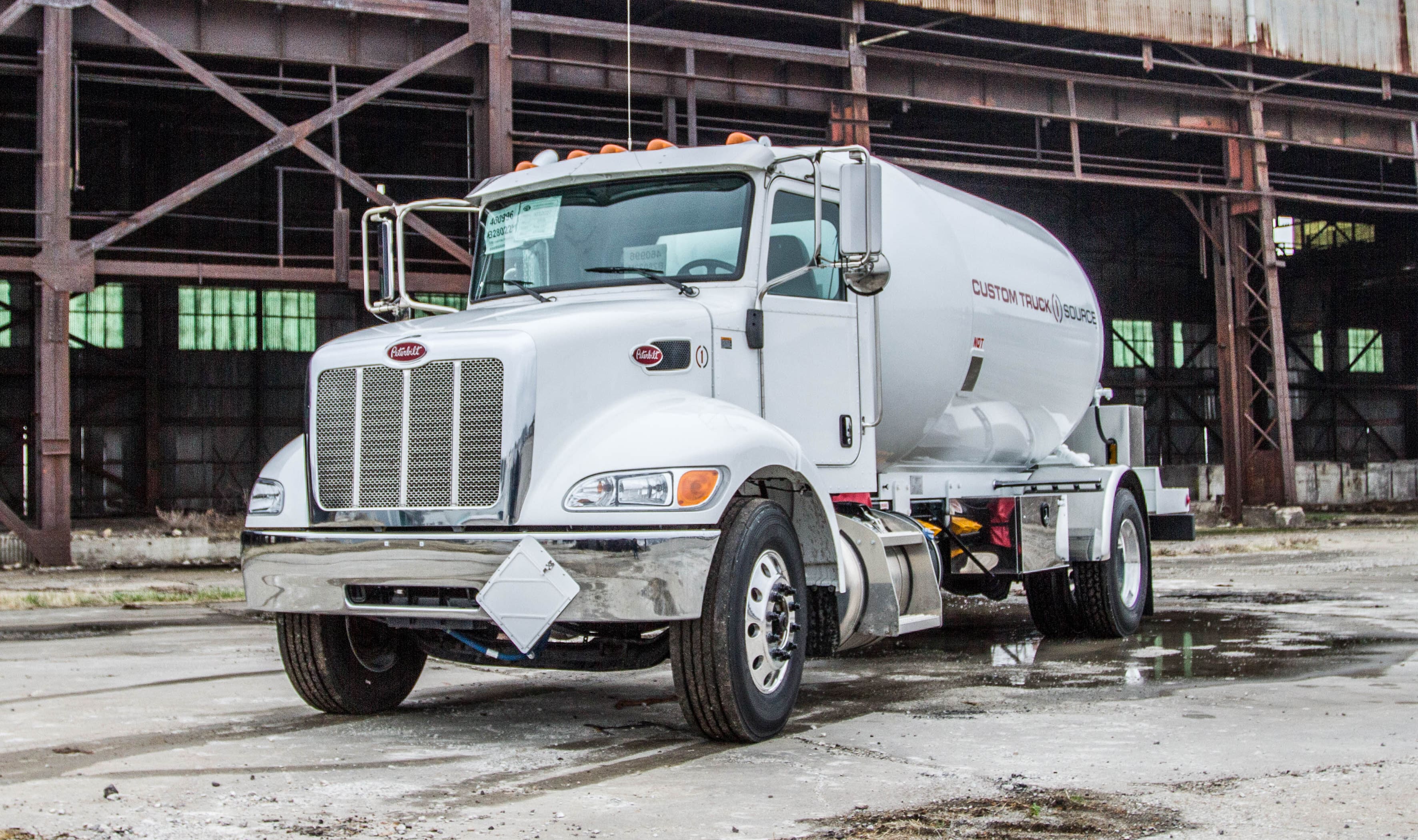
As consumers, we hardly ever think of propane – until perhaps a household appliance does not work because it ran out of it. A cooktop or a stove perhaps, or a fireplace or a space heater or a BBQ.
It is incredible how involved propane is in our everyday life, so we thought we’d tell you 10 very interesting facts about it that you probably didn’t know:
# 1: What Exactly is Propane?
- Also referred to as liquefied petroleum gas, LP-gas or LPG, it’s produced from both natural gas processing and crude oil refining. To obtain it, it must be separated from natural gas and crude oil when they are processed for their final uses.
# 2: Where is it Found?
- Propane is usually found as a compound that is mixed with natural gas and petroleum deposits deep within rocks.
# 3: Why is it Called a Fossil Fuel?
- It is called a `fossil fuel’ because it literally was formed by fossils, which are remains of plants and animals from millions of years ago that were trapped and preserved between rock layers.
# 4: What Are Some Characteristics of Propane?
- It is colorless and non-toxic. It is odorless too, which is why an `identifying’ odor (called Mercaptan) is added to propane to detect its presence.
# 5: How is it Similar to Water?
- Under normal atmospheric pressure and temperature, propane is a gas. But like water, it can change its physical state and become a liquid or a gas. Under moderate pressure and/or lower temperatures, for example, it changes into a liquid, which can be stored easily in pressurized tanks. The substance takes up much less space in its liquid form. It is 270 times more compact in its liquid state than it is as a gas.
# 6: What is One of Propane’s Biggest Strengths?
- Portability is one of propane’s biggest strengths. It is easier to store and transport than natural gas, which requires big infrastructural expenses, like putting down pipelines.
# 7: What is Propane’s History?
- For all its myriad uses today, propane was not discovered until as recently as 1912, and its discovery was a by-product of efforts to find an efficient way to store gasoline. (Gasoline evaporated when stored in normal conditions.)
A Dr. Walter Snelling, who was working with the US Bureau of Mines, made a discovery that several evaporating gases could be changed to liquid and stored. Propane proved to be the one that was most practical and plentiful. So Dr Snelling devised a way to `bottle’ it – and the rest is of course, history.
# 8: Where is it Used?
- Life would be pretty unimaginable today without the assistance of propane. Homes, farms, business and industries – for an incredible number of applications, United States uses more than any other country in the world.
# 9: Is it a Greenhouse Gas?
- Propane is one of the lightest and cleanest hydrocarbons in the world. So clean, in fact, that it’s not considered a greenhouse gas.
# 10: Is Propane a Viable Choice?
- It is an extremely efficient and economical choice. Many modern propane appliances achieve efficiency ratings of 95% or higher. For example, propane clothes dryers do the job of dry much faster and with less static than electric units. Propane tankless water heaters can achieve great efficiency – up to 98 percent.
Interested in renting or purchasing a bobtail truck for transporting propane? Custom Truck has you covered. Check out our bulk propane trucks for sale or browse our full suite of refined fuel equipment.
Get in touch with Custom Truck One Source by submitting a form, calling us at 844-282-1838, or emailing us at [email protected]

